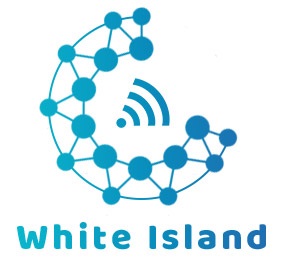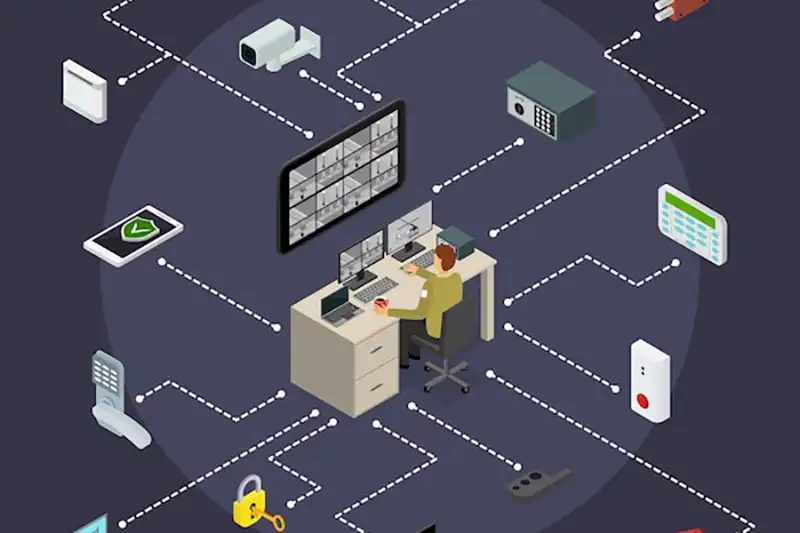Cisco IOS (Internetwork Operating System) is a widely recognized and widely used network operating system developed by Cisco Systems. It powers Cisco routers and switches, enabling seamless network operations for businesses of all sizes. From small networks to large-scale enterprise environments, Cisco Operating System plays a crucial role in ensuring smooth, secure, and efficient communication across networks. This article will delve into the features, applications, and advantages of Cisco IOS, offering a comprehensive overview of this essential networking software.
What is Cisco Operating System?
Cisco IOS is a network-centric operating system designed specifically to run on Cisco’s routers and switches. It is responsible for managing network tasks such as routing, switching, security, and traffic management. Without Cisco IOS, Cisco network devices would not be able to function as expected, making it an essential component for ensuring the smooth operation of any Cisco-powered network.
Think of Cisco IOS as the “brain” behind Cisco networking devices. Just as your computer requires an operating system to function, Cisco devices rely on IOS to efficiently and securely handle network traffic. Cisco IOS is responsible for enabling communication between different devices in a network, ensuring that data flows smoothly and securely across various systems, whether in an enterprise, a data center, or a service provider’s infrastructure.
Key Features of Cisco IOS
Cisco Operating System offers a wide range of features that make it one of the most reliable and versatile network operating systems. These features help network administrators manage and optimize their network devices, ensuring high performance and security. Here are some of the key features of Cisco IOS:
Routing and Switching: Cisco IOS supports several industry-standard routing protocols like OSPF, EIGRP, and BGP, which allow network devices to determine the best path for data to travel. It also provides advanced switching capabilities to route data packets efficiently across complex network environments.
Security: Cisco IOS has built-in security features to protect networks from cyber threats. It supports Virtual Private Networks (VPNs), firewalls, intrusion detection systems (IDS), and other security mechanisms that ensure secure communication across devices.
Quality of Service (QoS): Cisco IOS enables the management of network traffic by prioritizing certain types of data, such as video, voice, or critical business applications. This ensures that high-priority data is transmitted smoothly, even in a congested network.
Management and Automation: Cisco IOS integrates with network management tools such as Simple Network Management Protocol (SNMP) and supports automation for tasks like configuration, monitoring, and troubleshooting. Automation reduces the time spent on manual network management tasks and ensures faster, more reliable operations.
Applications of Cisco IOS
Cisco IOS is used in a wide range of network environments, from small businesses to large enterprise data centers and service provider networks. As a core part of the Cisco Operating System, it provides the foundation for networking operations. Here are some of the most common applications of Cisco IOS:
Enterprise Networks: In large organizations, Cisco IOS plays a pivotal role in maintaining high-performance networks. It ensures that business-critical applications run smoothly by providing reliable routing, switching, and security capabilities. Cisco IOS also helps enterprise networks scale easily by supporting thousands of devices and complex configurations.
Data Centers: Cisco IOS is widely used in data center networks, where high bandwidth and low latency are essential for handling data-heavy applications and cloud services. Cisco IOS helps manage the vast amount of data transmitted across data center networks, ensuring fast, secure, and efficient data flow.
Internet Service Providers (ISPs): Many ISPs rely on Cisco IOS to manage their networks, ensuring that they can handle large volumes of customer traffic while providing reliable services. Cisco IOS offers the scalability and reliability necessary for ISPs to serve customers across multiple regions.
Small and Medium Enterprises (SMEs): Even smaller businesses benefit from the flexibility and ease of use offered by Cisco IOS. With its simple setup and robust security features, Cisco IOS helps SMEs manage their network traffic and secure their communications without the need for complex configurations.
Cisco IOS vs. Other Operating Systems
When comparing Cisco Operating System to other network operating systems, such as Junos OS (by Juniper) or MikroTik RouterOS, Cisco IOS stands out in several ways. Cisco has long been a leader in the networking space, and its operating system is widely adopted by network professionals across industries. Here are a few factors that differentiate Cisco IOS from other operating systems:
Support and Compatibility: Cisco has been a leader in networking for decades, and its devices are known for their compatibility with a wide range of networking standards and protocols. Cisco IOS integrates seamlessly with Cisco hardware, offering deep support for Cisco’s networking solutions.
Flexibility and Performance: Cisco IOS offers unmatched flexibility, allowing network professionals to design and manage networks with a wide range of devices and configurations. While other operating systems may offer similar features, Cisco IOS is often seen as the gold standard for performance and reliability.
Extensive Documentation and Resources: Cisco offers extensive documentation, online resources, and a large community of networking professionals who contribute to forums and discussions. This broad support ecosystem makes it easier for network engineers to troubleshoot, configure, and optimize their networks.
Why Choose Cisco IOS?
There are several reasons why Cisco Operating System is the preferred choice for businesses and organizations worldwide. Some of the key benefits of Cisco IOS include:
Reliability: Cisco IOS has been tested and refined over the years to ensure it is highly reliable. As a result, Cisco IOS is one of the most trusted network operating systems in the industry.
Scalability: Whether you’re managing a small office network or a large enterprise network, Cisco IOS is built to scale. Its flexible architecture allows it to handle networks of all sizes, ensuring that businesses can grow without encountering performance bottlenecks.

Security: With integrated security features such as VPN support, firewall capabilities, and intrusion detection systems, Cisco IOS helps safeguard networks against external threats and ensures that sensitive data remains protected.
Comprehensive Support: Cisco offers extensive support for IOS, including detailed documentation, software updates, and access to a large community of network engineers. This makes it easy for organizations to stay up to date and ensure their networks are running smoothly.
Q&A Section
What makes Cisco Operating System different from other networking operating systems?
Cisco IOS is known for its vast array of supported protocols, deep integration with Cisco hardware, and long-standing industry reputation. Compared to other network operating systems like Junos or RouterOS, Cisco IOS provides more extensive support and compatibility, as well as a wealth of resources from Cisco’s global community.
Can Cisco IOS be used for cloud networking?
Yes, Cisco IOS is well-suited for cloud environments, particularly with the advanced capabilities of Cisco IOS XE. It allows businesses to seamlessly connect on-premise infrastructure to the cloud, providing flexible configurations and high scalability.
Is Cisco IOS difficult to learn for beginners?
Cisco IOS can be challenging for beginners, primarily because it relies on command-line interface (CLI) operations. However, with practice and the many online resources available, users can quickly familiarize themselves with its features and capabilities.
How can I upgrade my Cisco IOS version?
Upgrading Cisco IOS involves downloading the latest software image from Cisco’s website and uploading it to your device. Before upgrading, it’s essential to back up your device’s configuration to avoid data loss.
What are some common challenges with Cisco IOS?
Some common challenges include configuration errors, security misconfigurations, and performance issues. Regular software updates, proper configuration practices, and routine troubleshooting can help mitigate these challenges.
Conclusion
Cisco IOS is a powerful and versatile network operating system that has been an industry leader for decades. Whether you’re managing a small office network or a large enterprise data center, Cisco IOS provides the necessary tools and features to ensure your network operates securely, efficiently, and reliably. Its scalability, security, and ease of integration make it the preferred choice for organizations worldwide.
For more detailed information on Cisco IOS and its applications, be sure to visit Wizland, your trusted source for expert guidance and networking solutions!



